Geography
Geography is concerned with the study of places, the human and physical processes that shape them and the people who live in them. It helps students to make sense of their surroundings and the wider world. The Geography Department aims to build an extraordinary learning community that goes beyond the curriculum. We endeavour to foster a spirit of enquiry and continual improvement whilst drawing upon the rich variety of experience and views of both staff and students to support teaching and learning. In doing so we aim to nurture links with other schools and departments, locally, nationally and globally.
For students, we seek to engender knowledge and understanding of the planet Earth and its people, creating a lasting awareness of the world around us. We encourage sensitivity and empathy towards all others through tolerance and independent thinking, so as to prepare our students for an active citizen’s role in a changing world.
What is the Intent of our Geography curriculum?
We seek to inspire in children a curiosity and fascination about the world and its people which will remain with them for the rest of their lives. Our curriculum sparks children’s interest and understanding about diverse places, people, resources and natural and human environments, together with a deep understanding of the Earth’s key physical and human processes.
We believe that Geography helps to provoke and answer questions about the natural and human world, encouraging students to develop a greater understanding of their world and their place in it. Geography is, by nature an investigative subject, which develops an understanding of concepts, knowledge and skills. It helps to develop a range of investigation and problem-solving skills that are transferable to other curriculum areas and life beyond the classroom. Our curriculum promotes children’s spiritual, moral, social and cultural development, gaining an understanding of the consequences of human actions and behaviours, and how we can work together with the natural world.
We aim to equip our students with the personal, learning and thinking skills required to allow them to develop their Character and a sense of Wellbeing so that they can flourish in their future lives; contribute positively to their Community and face the challenges and opportunities of the 21st century with confidence.
How do we deliver our curriculum?
-
Our curriculum builds on prior learning with well-constructed schemes of work that provide a framework for planned progression and increasing levels of challenge.
-
There are regular formative and summative assessments which provide key opportunities for feedback to inform students of their next steps in learning.
-
Students are taught age-appropriate, accurate knowledge of the location, physical and human characteristics of a wide range of globally significant places including terrestrial and marine locations.
-
We impart knowledge to provide a geographical context to study and understand the actions of important geographical processes.
-
Understand that these processes give rise to the key physical and human geographical features of the world, how these are interdependent and how they bring about variation and change to the geographical landscape.
-
Students are taught how to use geographical vocabulary which is appropriate and accurate.
-
Students collect, analyse and present a range of data to deepen understanding of geographical processes.
-
Use and interpret a wide range of sources of geographical information, including maps, diagrams, globes and aerial photographs.
-
Students are given opportunities to communicate geographical information in a variety of ways, including through maps, numerical and quantitative skills and writing at length.
-
Have a greater understanding of their place in the world, and their rights and responsibilities to other people and the environment.
-
Opportunities are built into the curriculum for students to develop independence, resilience and perseverance.
-
Students are taught Geography using the 21st Century Trivium model (grammar, dialectic, rhetoric) so that they can think about and apply their learning in a range of new and challenging contexts.
-
We employ a range of metacognitive and cognitive strategies to meet the learning demands of the curriculum.
What is the impact of our curriculum?
-
Students will have acquired the knowledge, skills and understanding in Geography to ensure that they enjoy and make good progress in their learning.
-
Data tracking in each academic year will identify progress of individual learners and key groups and will trigger appropriate interventions if required.
-
Detailed analysis of our GCSE courses will inform future planning, teaching and learning.
-
Annual departmental reviews, including work scrutiny, will establish strengths and weaknesses leading to RAG-rated departmental development plans.
-
Regular reflection on the appropriateness of the curriculum will ensure teaching, learning and assessment is appropriate and challenging.
-
Monitoring ‘engagement in learning’ outcomes will reveal students’ attitude and motivation towards their learning as being good or better.
What will students learn in Year 7?
Topics
What does it mean to be a Geographer?
Urbanisation and Brazil
Energy and Climate Change
Year 7 Geography focuses on what it means to be a geographer in today’s world. Year 7 aims to assess Students’ geographical capabilities related to the expectations of a secondary school starter. They will investigate features and characteristics of the area around their new school, while also further developing a range of geographical skills in a local and national context. This initial unit aims to help students to transfer their skills learnt in KS2 into KS3. All units will provide the basis of skills needed to progress in Geography through their geographical journey at the Academy. Progression through Year 7 will introduce students to developed ideas of scale and location, focusing on Brazil as a country, providing key foundations of knowledge and awareness that is developed should they study GCSE. Students will discover the impacts that our energy choices have on our living world, looking at a variety of scales and impacts. Students are introduced to the topic of climate change as one of the main geographical issues facing global citizens today. Students are exposed to the different ways that we can evidence climate change, the fact that temperature has always fluctuated and the recent impact of humans on the climate of the planet.
What will students learn in Year 8?
Topics
Hazards & Climate Change
China & Globalisation
Coasts
Year 8 Geography continues to develop the key skills and knowledge of Geographers in today's ever-changing world. Using the depth and detail gained in Year 7 they will embark upon a journey looking at key geographical challenges. Progression through Y8 will allow students to be introduced to the wider world of hazards such as volcanoes, earthquakes and flooding. Furthermore, climate change will be revisited to further engage and develop students understanding of real-life scenarios, giving them the opportunities to develop their abilities as decision makers of the future. The challenging nature of this unit will encourage skills that prepare students further for the demand of GCSE geography in both content and language. Our urban world, focuses on China, developing awareness of growing populations and the processes humans face when living in societies today. It develops deeper understanding of core processes such as urbanisation, migration and economic development. Finally, in Y8 students are introduced to the local area and beyond in the form of coastal processes that shape human interaction with the physical world.
What will students learn in Year 9?
Topics
Africa & Development
Biomes
Rivers
Our Year 9 Geography curriculum offers opportunities for enhancement of the skills developed in both years 7 & 8. This spiral nature is key in preparing students for the experiences and expectation of studying Geography at GCSE, should they so wish. The curriculum again links explicitly to GCSE provision whilst also as a stand-alone set of units developing and engaging tomorrow's geographers. Students will, through a study of Africa work on scale and regional geography as well as opportunities provided by bottom-up development policies in Uganda (a country that we have strong links with). In the unit on biomes of the world, pupils will begin to recognise the interactions between people and place as well as interdependence. Finally, students will look at physical geography through the study of rivers, developing their awareness of the power of water building on the Y8 coasts unit. Throughout Y9 there is a focus on the use of case studies and examples on a local, national and global scale.
GCSE Courses
Studying geography gives you the opportunity to travel the world via the classroom, learning about both the physical and human environment. You’ll understand how geography impacts your life every day and discover the key opportunities and challenges facing the world.
Over the two-year GCSE course, you will cover lots of interesting topics. Living with the physical environment will allow you to discover more about the challenge of natural hazards and the living world, physical landscapes of the United Kingdom and human interaction with them. This unit develops an understanding of the tectonic, geomorphological, biological and meteorological processes and features in different environments. It provides you with the knowledge about the need for management strategies governed by sustainability and consideration of the direct and indirect effects of human interaction with the Earth and the atmosphere. Challenges in the human environment is concerned with human processes, systems and outcomes and how these change both spatially and temporally. You will develop an understanding of the factors that produce a diverse variety of human environments; the dynamic nature of these environments that change over time and place; the need for sustainable management; and the areas of current and future challenge and opportunity for these environments.
How will I be assessed? You’ll have three written exams. Papers 1 and 2 are 1 hour 30 minutes long and together, they contribute to 70% of your final mark. Paper 3 is also 1 hour 30 minutes and contributes to the final 30% of your GCSE grade.
Homework / Independent Learning
The Geography department follows the school homework policy and will set tasks accordingly. These tasks will be available on Class Charts. Tasks will vary from researching so as to increase understanding, revision, to prepare for both short recall tests and end of unit exams as well as engaging extended projects across all year groups.
Extra-curricular and Enrichment Opportunities
Working With local Charities
Geography Eco-Club
Fair Trade activities
RGS Lectures
University visits
Overseas trips
Useful Links


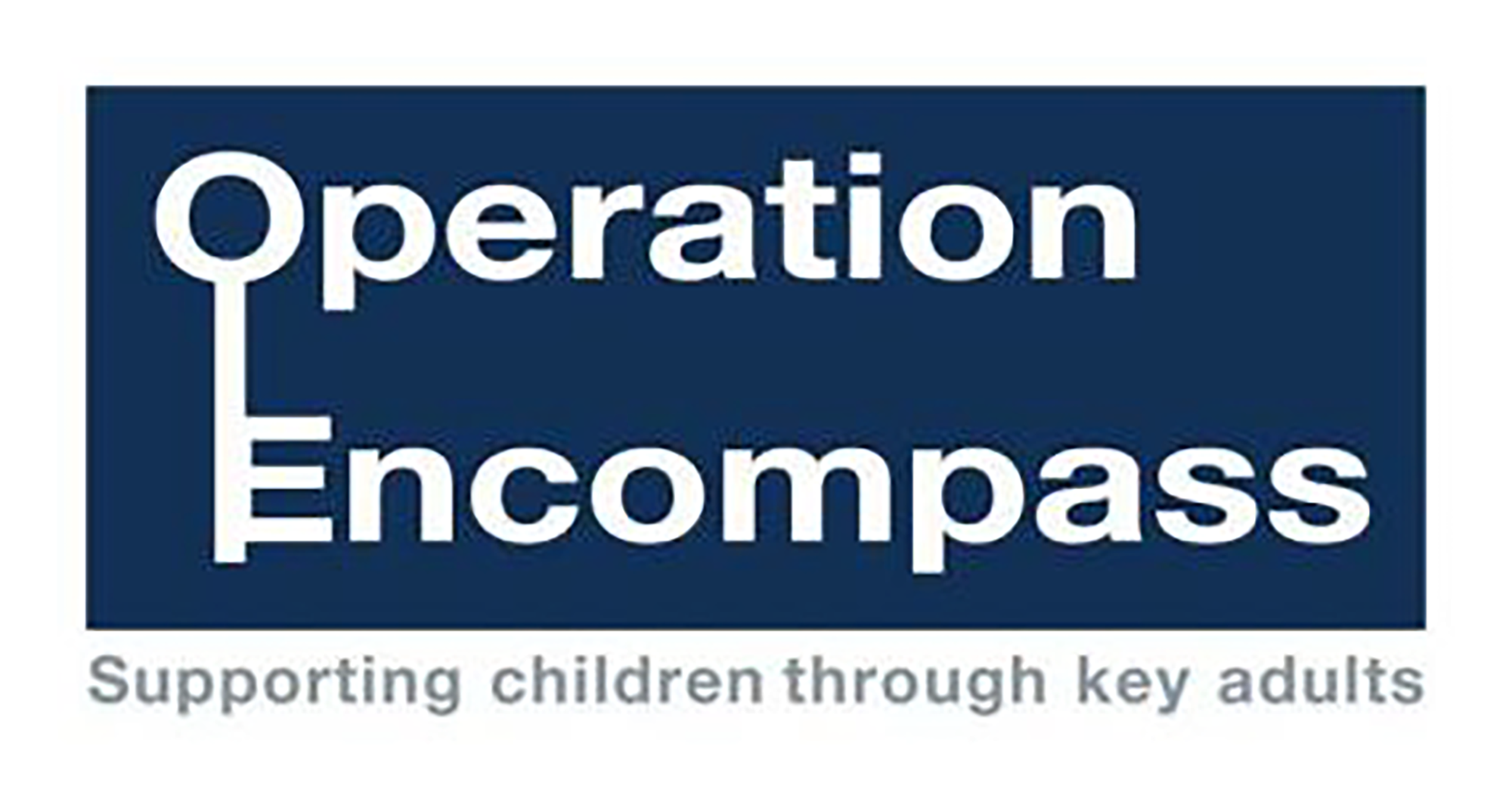 encompass
encompass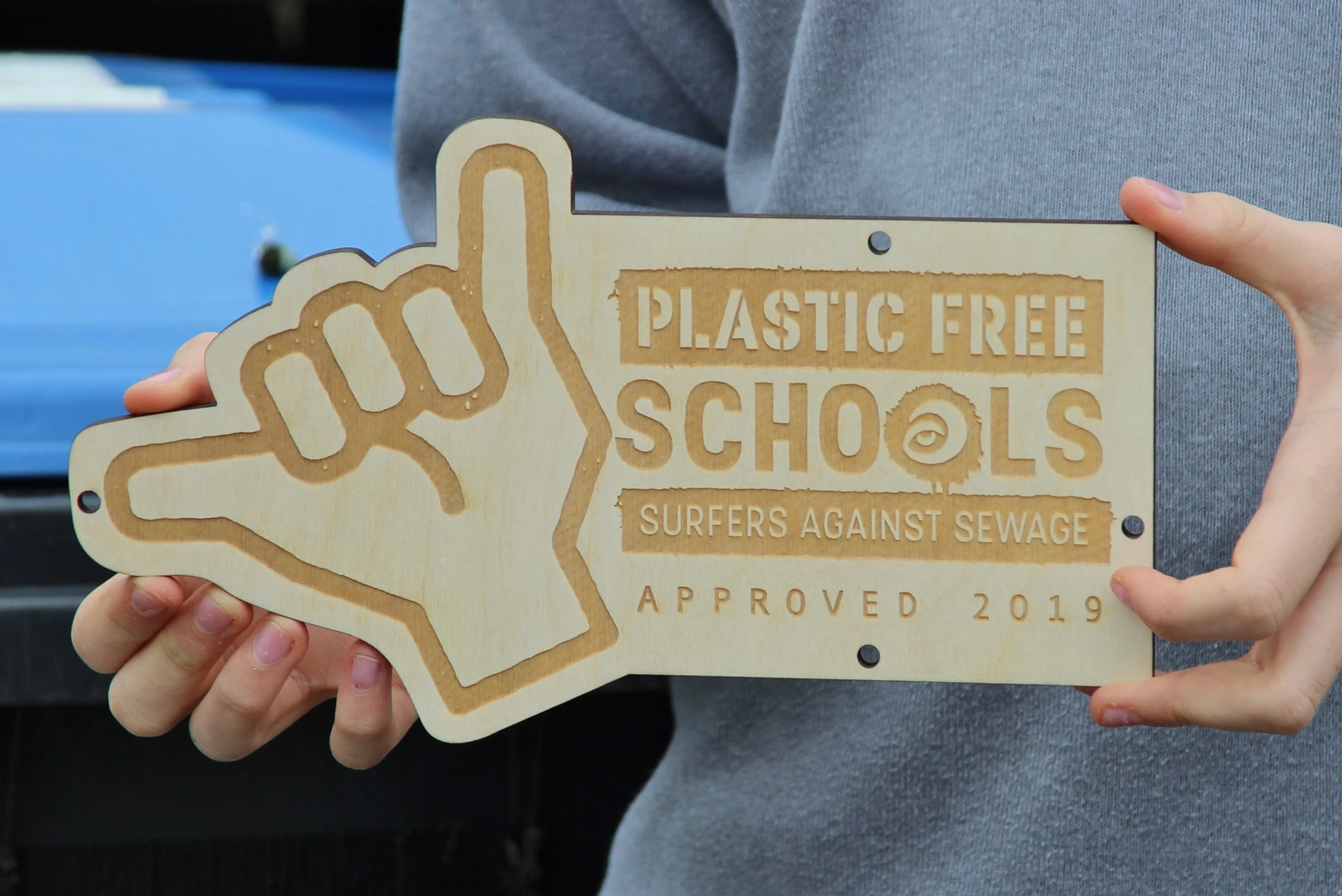 plastic free schools
plastic free schools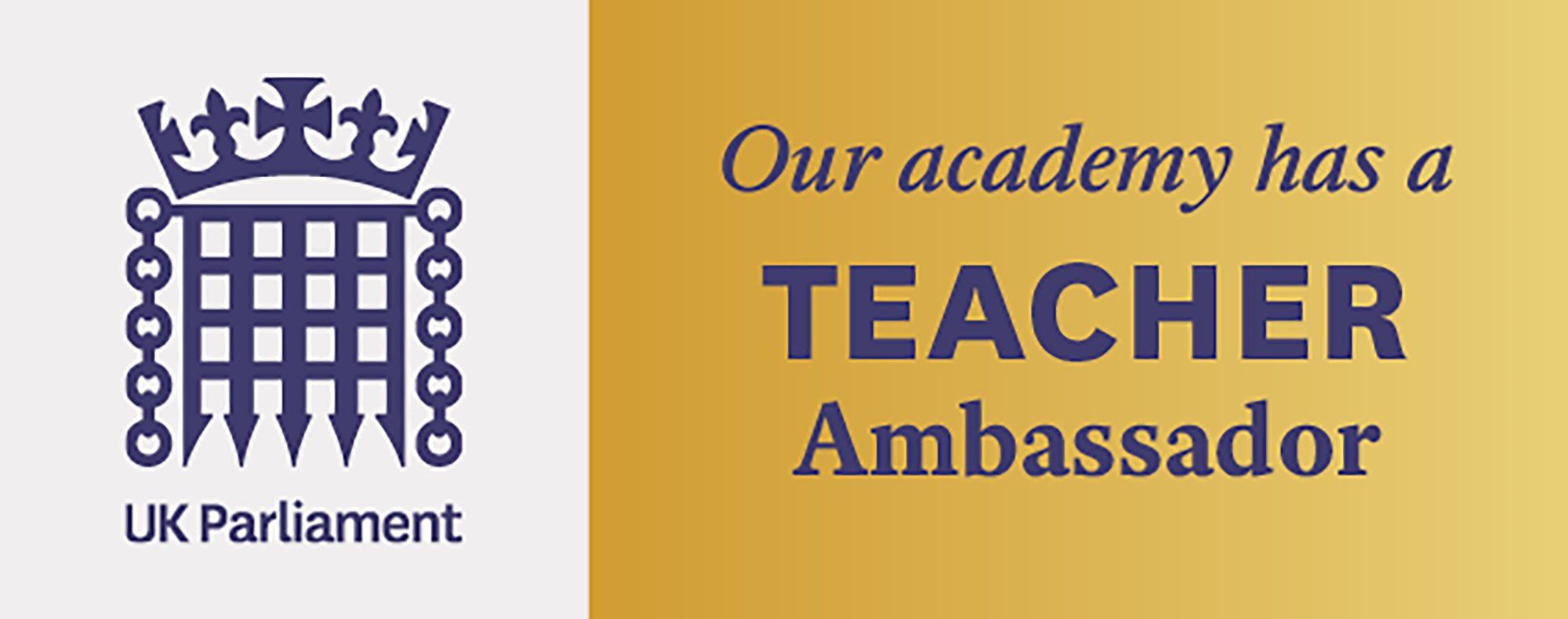 Teacher ambassador
Teacher ambassador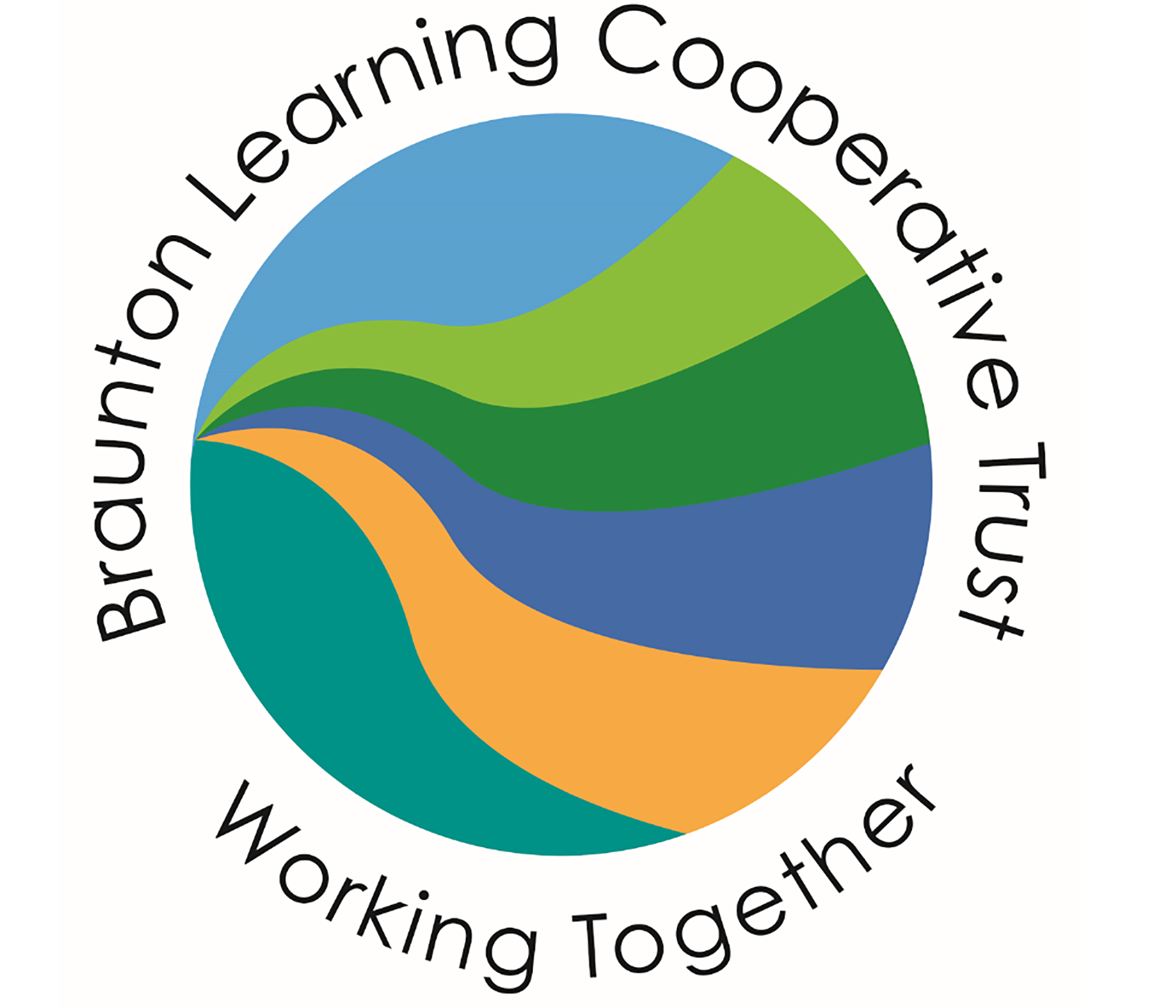 Learning cooperative trust
Learning cooperative trust Ofsted logo
Ofsted logo Youth Sport
Youth Sport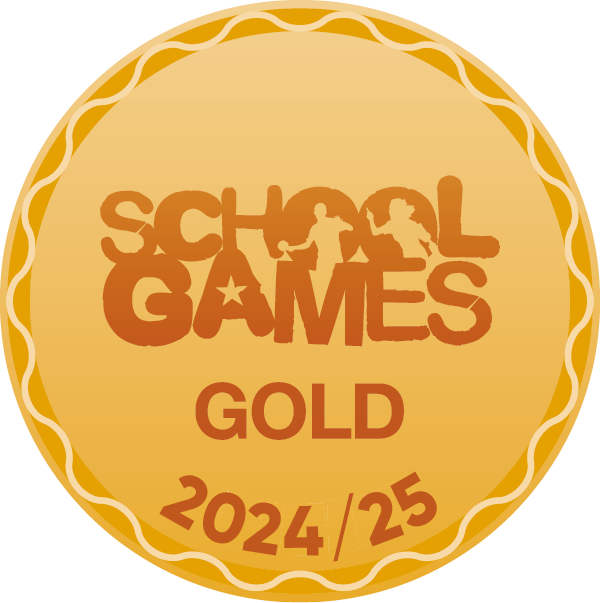 School Games Gold Award
School Games Gold Award